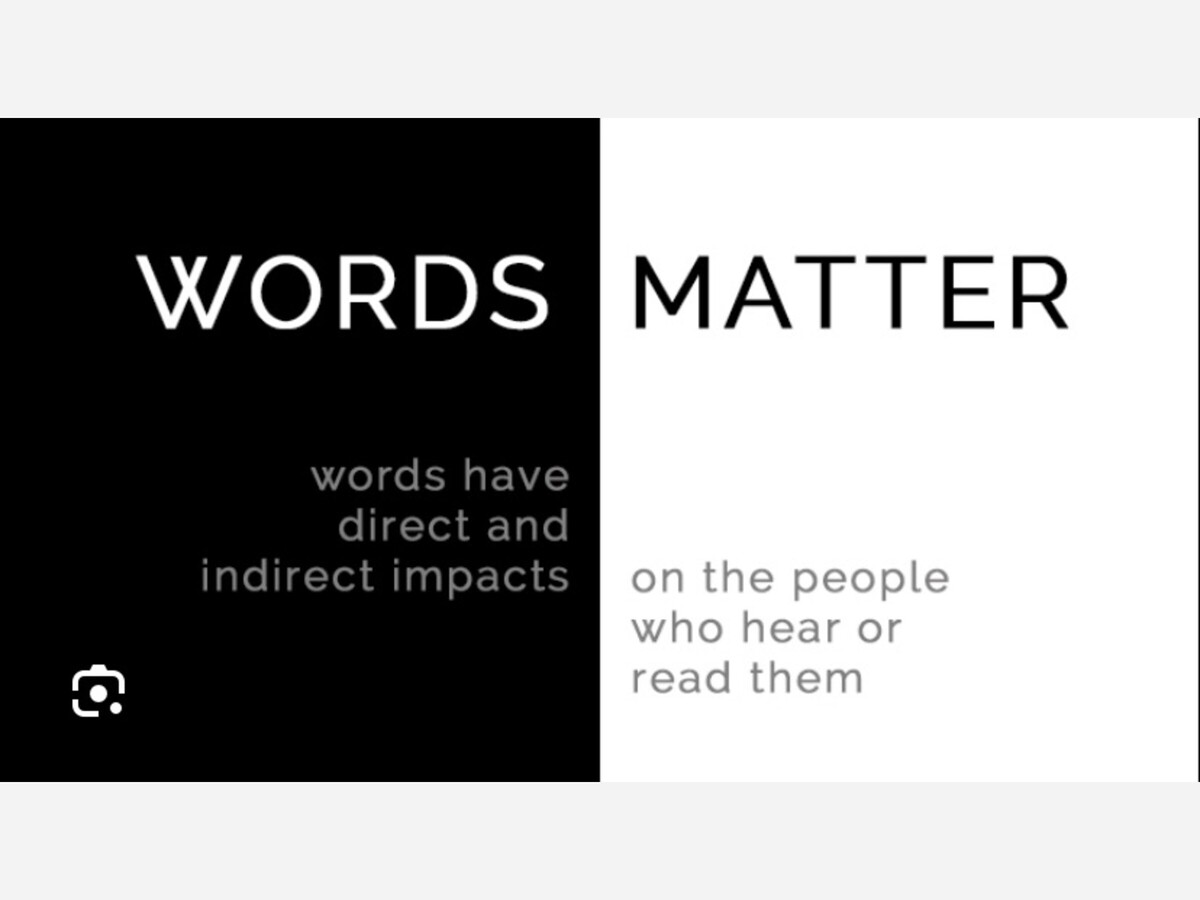Image


Submitted for publication by Gary Perry local affordable housing advocate on behalf of Joanne DeMichele of Silver City, President of the state organization, Land of Enchantment Manufactured Home Owners Alliance (LEMHOA)
Why Say Manufactured Home (Not “Mobile Home” or “Trailer”)?
Accuracy: The term “mobile home” officially was replaced with “manufactured home” by Congress in 1980 under the National Manufactured Housing Construction and Safety Standards Act. Forty-five years later, it’s time to comply.
Respect: Homeowners invest significant amounts in purchasing and maintaining their homes. Using “manufactured home” recognizes their value and the residents’ investments.
Policy Impact: Outdated terms fuel stigma, zoning barriers, community closures without compensation for damages, and lending bias. Accurate terminology supports fair treatment.
Why Say Manufactured Home Community (Not “Park”)?
Permanence: “Park” implies temporary. Once installed in a community, manufactured homes are intended to remain for the life of the home. Consumers buy homes based on this understanding. Using “mobile home” perpetuates the myth that homes can be easily moved.
Community Commitment: Homeowners invest in and commit to their neighbors and communities. They shop, work, volunteer, pay taxes, and vote locally. Resident-stabilized communities provide more state & local benefits than out-of-state landowners.
Policy Recognition: Correct terminology justifies protections. For example, rent gouging has become a predatory practice because homes are called mobile but cannot be moved.
Why Say Landowner or Business Owner (Not “Park Owner” or “Community Owner”)?
MHCs Represent Shared Investments—a hybrid model. There are dual stakeholder~ homeowners own their homes; landowners own the land. Both invest in the community.
Investments: The landowner/investor has a financial interest in the land and business. Homeowners invest in their homes, often their largest asset, but also in their neighbors and community. Collectively, the monetary value of the homes often exceeds that of the land.
Policy Consequences: Laws must reflect this shared stake and not treat landowners as the sole party of interest.
Policy Recommendations:
1. It is time to replace “mobile home” with “manufactured home” in all government, media, and public use.
2. Replace “park” with “manufactured home community” in statutes and policy.
3. Recognize the shared ownership model in housing law to protect landowners’ investments and homeowners’ equity, thus protecting all rights and affordable housing.
4. Promote accurate language to intentionally reduce stigma.
Words are not merely semantics; they shape law, perception, and justice. Correct language affirms dignity, permanence, and the need for strong protections.
www.manufacturedhomeownersalliance.org
For information email enchantmentmhoa@gmail.com
Note: Guest Submission